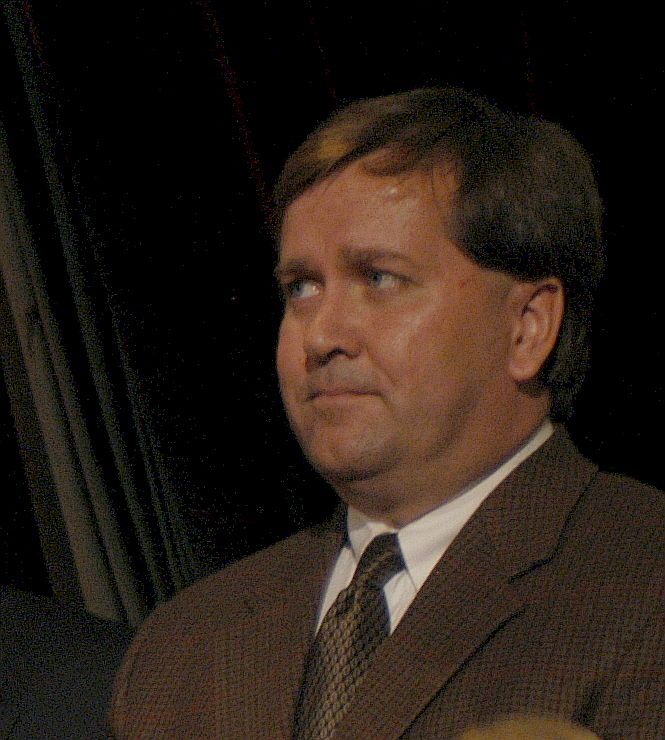
Fourth time’s the charm –– David Barstow, a senior writer at the New York Times and a Medill alumnus, set the precedent as the very first four-time Pulitzer winner in the reporting category.
On Monday, Barstow won the Pulitzer Prize in explanatory reporting along with Susanne Craig and Russ Buettner for their in-depth investigative piece on the New York Times. The story exposed an array of tax evasion and fraud strategies that President Donald Trump deployed, which allowed his parents to leave him a grand sum of wealth.
Barstow said he tried to make the story more compelling and easier to understand through his narrative storytelling techniques. While the story required deciphering more than 100,000 pages of financial and legal documents for 18 months, Barstow said he recognized the lasting impact of the work that he and his colleagues created.
“It’s like the feeling you get when you dump a 1000-piece puzzle out on your dining table. It’s the great feeling of, I know it’s going to take a long time, it’s going to be a lot of dead space while you try to put the pieces together, but in the end, this is going to be worth it,” Barstow said.
While Barstow is now a renowned reporter with more than 30 years of experience and four Pulitzers, he was once an undergraduate student who had his “first taste of what it’s like to be interviewing people” at Medill.
“To this day I feel like Medill has constructed the foundation of my journalism career,” Barstow said. “The importance of being accurate, being fair, getting the little stuff right; those were lessons that got reinforced over and over again,” he said.
One class that he found particularly useful throughout his career was media law and ethics.
“I didn’t realize, until I got out into the world of journalism, how day-to-day reporting is constantly forcing journalists to make choices of how we conduct ourselves to remain within the law and to respect privacy,” he said. “I was really, really happy that when I went out into the world, I had that backdrop of what the law is around the First Amendment, around what journalists can and cannot do.”
While Barstow has always been a bookworm and a word-lover growing up, he became lovestruck with journalism during his teaching newspaper program -- now called the Journalism Residency program. Working for the Green Bay Press-Gazette as an intern, he had a first-hand experience of real world journalism.
“I loved the newsroom; I loved the pace; I loved the action,” Barstow said. “It’s the thing I still love about journalism so much. It’s going out and meeting people, asking questions, learning stuff; it’s a license to let your curiosity guide you through everyday.”
Roger Boye, a Medill associate professor emeritus-in-service who taught Barstow, recalled Barstow as a student with a “solid news judgment” and a “strong interest in current events and public affairs." “David was very engaged throughout. It was in that way that he stood out,” Boye said.
“When you can put David’s name in the same sentence as Robert Frost, Robert Sherwood, Eugene O’Neill and Carol Guzy, it’s pretty good company,” Boye said, referencing other four-time Pulitzer winners in non-reporting categories. “He still has a considerable amount of career ahead of him, and one can only wonder what he’ll do next,” he added.
Barstow advised Medill students to think hard and “figure out what kind of storyteller best fits the way your brain works” and “focus relentlessly on becoming good at that particular form of storytelling.”
In Barstow’s case, he realized early in his career that he wanted to combine investigative reporting with narrative storytelling. “I had a deep need to understand the full picture. I was uncomfortable writing stories without knowing the answers to all the questions,” he said.
“I have enormous admiration for any and everyone who picks journalism. It’s a tough road, but I think this country really needs great journalism right now,” Barstow said.